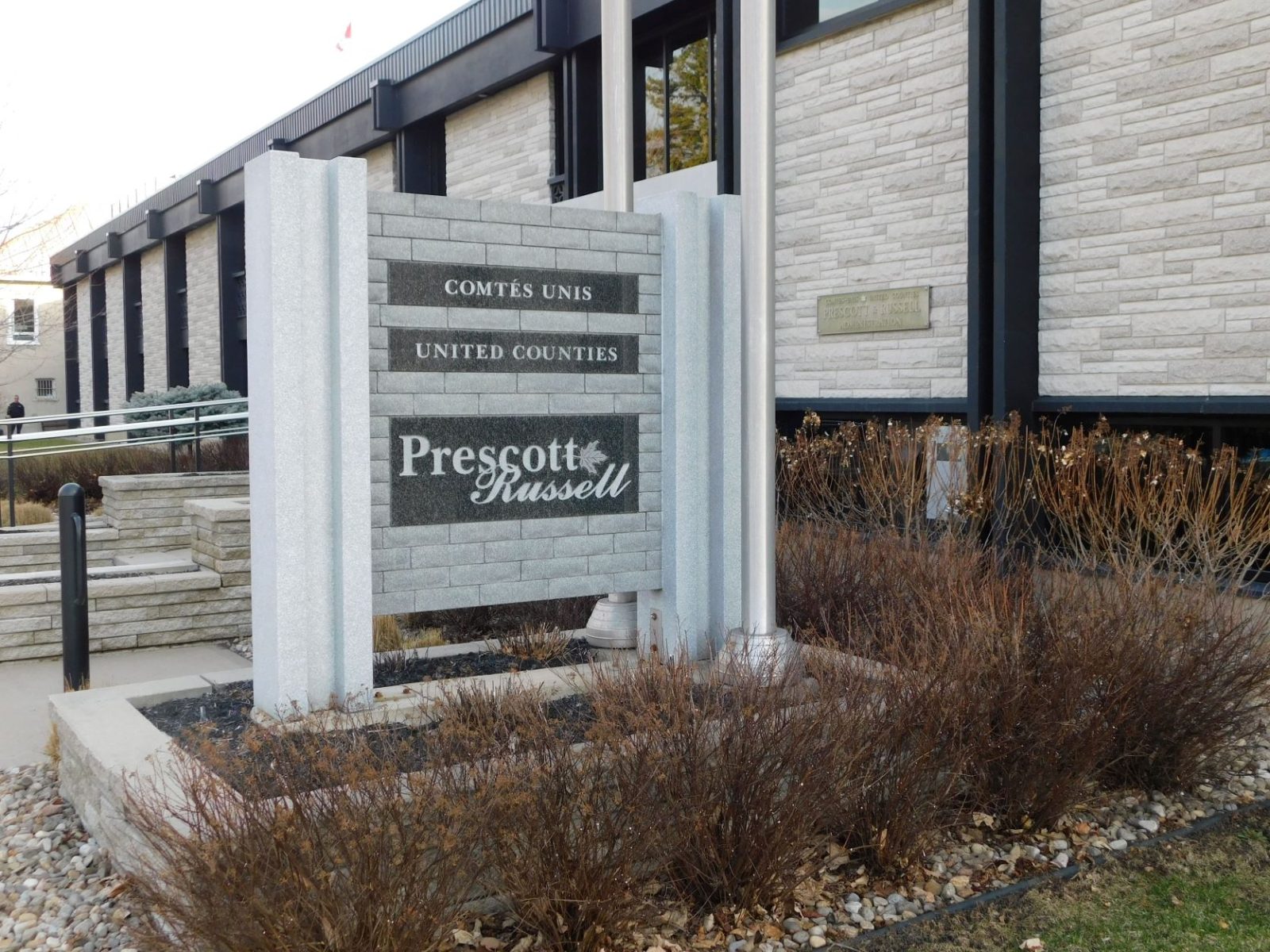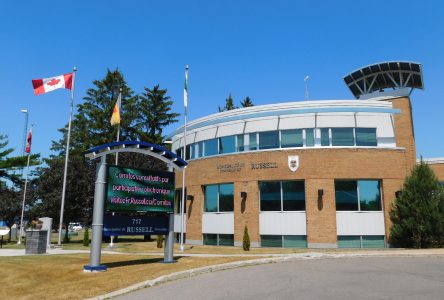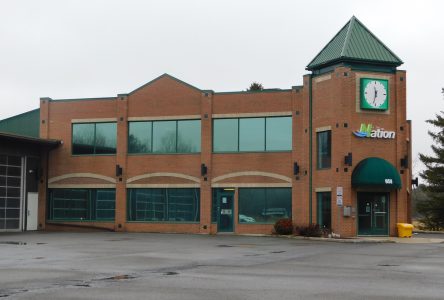During the regular meeting on February 27, Russell Township council passed a resolution regarding the new community positivity program passed by the United Counties of Prescott-Russell (UCPR). A total of $400,000 has been set aside in the UCPR’s 2023 budget for the program, which has been equally divided between the eight member municipalities for a total of $50,000 per municipality.
Russell council was concerned that this equal division is unfair, as the Township of Russell accounts for 23 per cent of the Prescott-Russell tax levy but will only receive 12.5 per cent of the community positivity funds. Russell Council resolved to request that the UCPR implement a Tax Levy-based funding model rather than dividing the funds equally. Mayor Pierre Leroux brought the request forward during the UCPR’s Committee of the Whole meeting on March 8, although he stated he didn’t agree with it.
The fund is meant to benefit the community as a whole, whether to build infrastructure, ensure open access to events, or to beautify public spaces.
Mayor Genevieve Lajoie of Casselman stated that as far as she knew, the UCPR is the only second-tier government to offer a program like the Community Positivity Fund. She saic that a tax levy system wouldn’t be appropriate as the money is supposed to be used to promote and improve Prescott-Russell as a whole, not just individual communities. She said that the original idea was that each member community received the same amount of money no matter the tax base, and that bringing in a tax levy-based system now would degrade the original decision and the spirit of the Positivity Fund.
“Right now we’re already having in-house debating about money,” Lajoie said, “and I’m not interested in being on the fence about whether my funding will get cut next year because I’m in Casselman and I have less population. I’m not interested in coming back here and fighting over money year after year at a table where we’re not all equal. If we look at the concept of universality, Casselman pays the same amount of taxes as Russell does. Every person individually pays the exact same taxes to Prescott and Russell.”
She said she’d rather cancel the whole program than start debating about how much money should go to each community.
Mayor Mario Zanth of Clarence-Rockland said that the tax levy system wouldn’t reduce the amount of funding, as he believed there was a floor of $50,000 in the fund.
“Fifty-thousand dollars goes a lot further in Casselman than it does in the six villages of Clarence-Rockland,” he said. “We are all equal, and there’s no one denying that, but when it comes to a fund for community, we have to look at how much community we have.”
He said that Clarence-Rockland has a population of 27,000 while Casselman has a population of 4000, and thus Clarence-Rockland has a lot more going on than Casselman. He said that Clarence-Rockland council will vote on a similar tax-levy request in the coming weeks, as they were “a little taken aback” by the division of funds.
Zanth also said he wanted to clarify that the fund isn’t a sponsorship program, but rather a community program. The money may come from the UCPR, but the funds are still coming from local taxes.
Lajoie said she agreed with “everything that [Zanth was] saying”, but that altering the amount would still degrade the original resolution of equal division. She disagreed with going over $50,000 as much as going under, because $50,000 to each of the eight municipalities is $1.6 million over four years, and “we can’t all of a sudden say we want [more] and leveling the playing field takes away the concept of universality at the upper tier of government.”
UCPR Chief Administrator Stéphane Parisien said council could leave the $50,000 amount as is and have discussions later about policy and criteria to better mandate the distribution of funds. He said discussion of a tax levy-based system could be part of budget discussions in autumn.
The resolution was received for consideration in the future.



